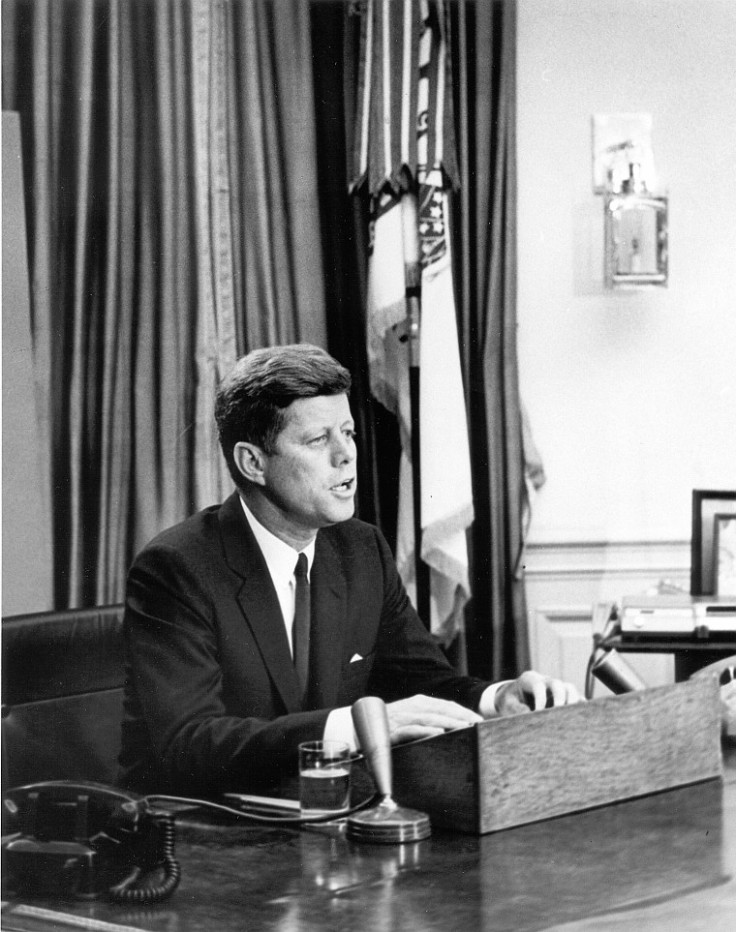MLK Day: Martin Luther King Had Complicated Relationship with JFK and Cheated on his Wife
IBTimes UK investigates little-known facts about American civil rights icon

As we reflect on the legacy of Martin Luther King Jr, civil rights leader and one of the most influential activists of the 20th century, there are lesser-known facts that shroud King in mystery.
Born Michael King on 15 January, 1929, he was renamed by his father after the seminal German reformer Martin Luther. King was a leader in the African-American civil rights movement. He led the Montgomery bus boycott within the movement in 1955 and helped organise the March on Washington in 1963. Famed for his non-violent approach to combating racial inequality, he received the Nobel Peace Prize in October 1964.
With such crowning achievements, much of King's personal life and relationship with his wife were overlooked. Reportedly, his wife, Coretta Scott, was disillusioned with their relationship because of his relations with other women. On one occasion, FBI monitoring devices recorded an audio of King with another woman in a hotel in Washington DC.
Martin Luther King Jr once applied for a permit to carry a handgun. Although he advocated non-violence, he applied for a concealed weapon carry permit after his house was bombed in 1956. Police rejected his request on the basis that he was African-American. Their response, however, reinforced his belief in non-violence. Giving up a hope of carrying a weapon for self-defence, he embraced pacifism entirely.

King had a more complicated relationship with John F Kennedy than was previously thought. On a tape found in a Tennessee attic in 2012, which recorded part of a phone call made to his wife, King revealed that he did not entirely credit the Kennedys for his release from prison.
In the previously unreported call, he said: "The Kennedy family did have some part ... in the release. But I must make it clear that many other forces worked to bring it about also."
Generally, it is recognised that Kennedy's call to Coretta expressing concern over King's arrest in October 1960, along with Robert Kennedy's work to free King, helped JFK win the presidential election that year.
King tried to commit suicide as a child by jumping from the second storey window of his home over a domestic scare. When he was 12, King attended a parade against his parents' wishes. On that day, his maternal grandmother suffered a heart attack. King blamed himself because his six-year-old brother – who he had supposed to have been supervising – knocked their grandmother unconscious while sliding down a banister. It transpired that the accident was unrelated to the heart attack.
In the late 1940s, King had wanted to marry a white cafeteria worker, a German woman called Betty. He was talked out of it, partly because his father would frown upon the interracial romance, as he was preparing his son for a role in the pulpit. According to David Garrow's Bearing The Cross, King never recovered from the distress of ending his relationship with the woman.
© Copyright IBTimes 2025. All rights reserved.



















